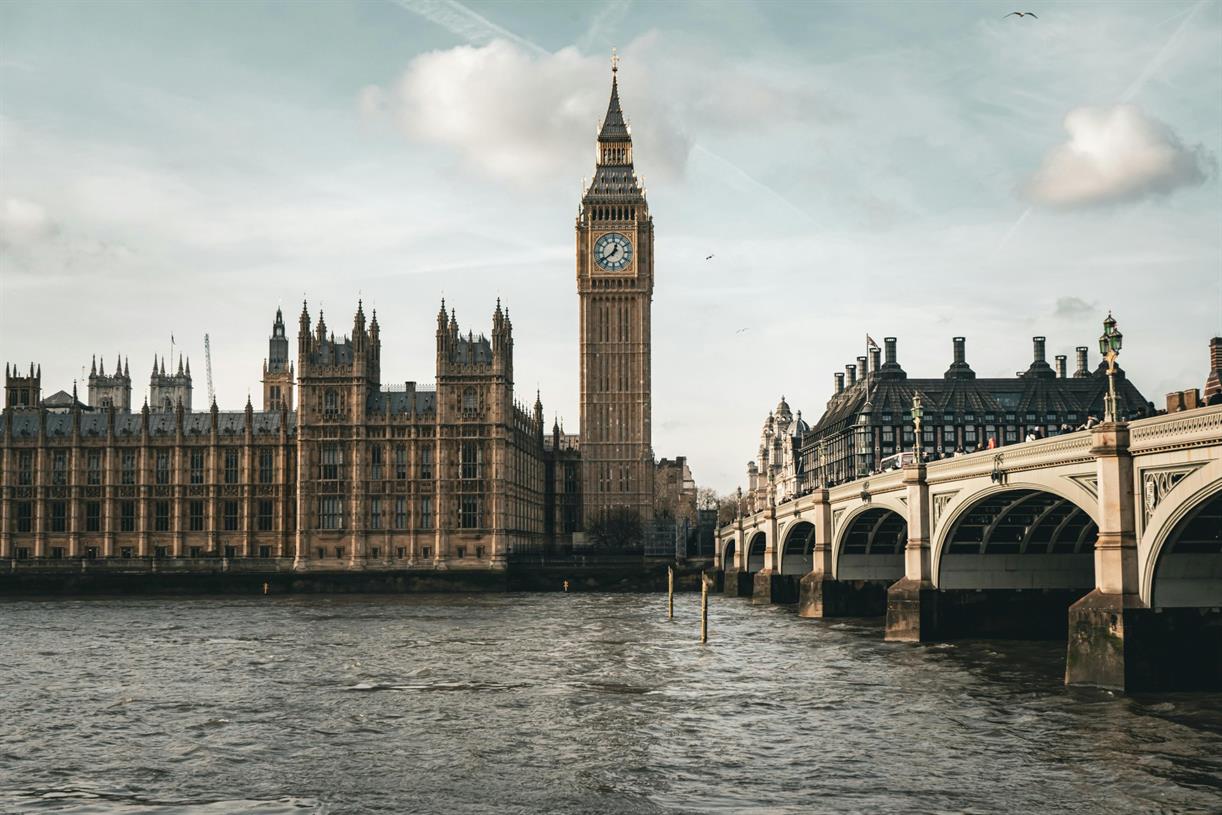MPs have voted against amendments to the National Insurance contributions bill, which would have mitigated the effects of the rise in employer NI contributions on charities.
The amendments to the bill, which were tabled by MPs across the political spectrum and debated yesterday (17 December), proposed changes that would keep the employer NI contributions rate at 13.8 per cent for a range of charities, hospices and some healthcare providers.
The National Council for Voluntary Organisations has estimated that the planned 1.2 percentage point rise to employer NI contributions, announced in the Budget and due to come into effect in April, will cost the voluntary sector £1.4bn per year.
The third reading of the NI contributions bill was passed without amendments, overwhelmingly by votes from Labour MPs. It will next be debated in the House of Lords.
Among those who spoke in favour of the amendments during the debate was Pippa Heylings, the Liberal Democrat MP for South Cambridgeshire, who said: “These hikes in the employer NI contributions are not just numbers on a spreadsheet. They will have real and very damaging consequences.”
She added that hospices were particularly at risk, saying that the Arthur Rank Hospice in her constituency had told her that the employer NI hike would add £230,000 to its payroll costs.
“That is money that it does not have,” Heylings said.
Sorcha Eastwood, an Alliance MP for Lagan Valley who tabled several amendments to the bill relating to organisations in Northern Ireland, said: “Community and voluntary organisations are not an optional extra.
“They are currently a cornerstone of public service delivery, often co-designing and implementing essential programmes in partnership with government. However, when financial pressures mount, they are frequently left to shoulder an unfair burden.”
Eastwood said that the NI hike “risks further entrenching that inequity”, adding that community and voluntary organisations “must be exempt from the increase”.
The employer NI hike was defended by Labour MPs including Joe Morris, MP for Hexham, who said: “When someone comes into office and finds out that the job is not as had been advertised and that the previous person in post set fire to the office, they have to do things differently.”
Morris said this bill was “necessary to repair the public finances and rebuild public trust”, adding: “I am extremely proud that the government is committed to achieving economic stability, being frank with the public about the choices that we face and not simply taking the easy options.
“We need to implement these tough measures in order to resolve the previous government’s disastrous economic mismanagement and to restore our foundations.”
After interventions from Conservative MPs, Morris added: “It is poor form for the arsonist to criticise the actions of the fire brigade.”
Yuan Yang, the Labour MP for Earley and Woodley, criticised the tabling of multiple amendments to the bill.
She said: “The way to reform a tax system is not to argue for various exemptions, reliefs and get-out clauses for different subsectors, but to have a consistent approach to collecting tax applied across the whole economy and then to fund those sectors of the economy, such as healthcare, transport and so on, which we should be funding. That is the approach the Budget has taken.”
Yang added: “Many members of successive previous governments have said that we need to simplify our tax system. I suggest that asking for dozens of small amendments to a bill is not a way to achieve that aim.”
